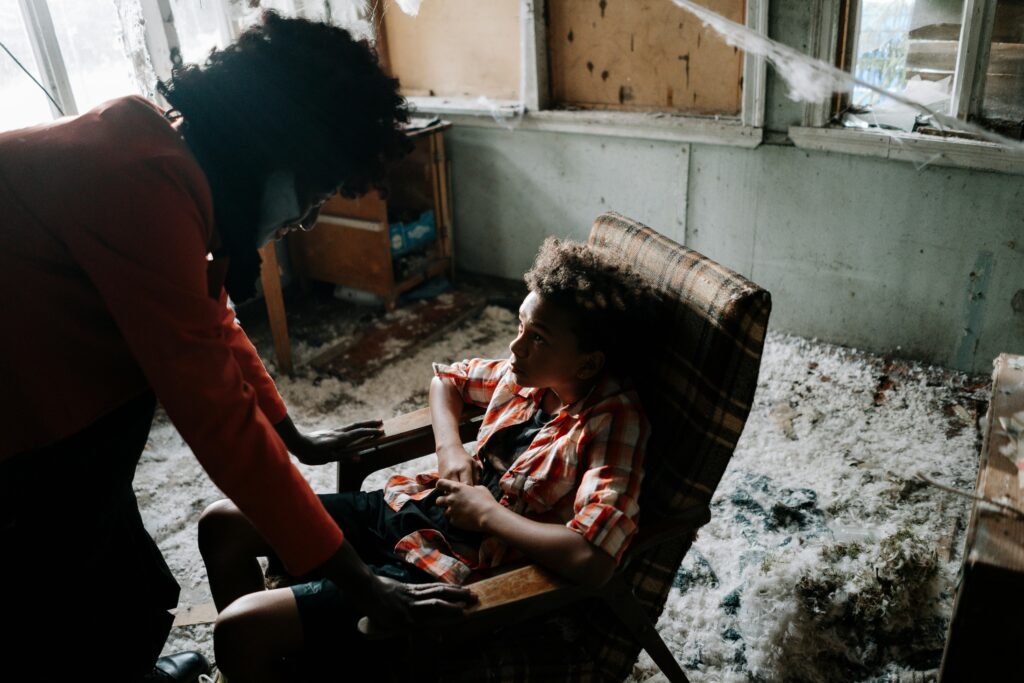When minors are involved in a production, safety becomes a legal and ethical priority. Most producers understand the need to vet child actors—but what about the adults responsible for them on set?
From legal guardians to on-set teachers and studio-hired chaperones, these individuals often work in close, unsupervised proximity to underage talent. Yet, they’re frequently excluded from standard background checks, creating a serious gap in production safety protocols.
Why Guardian and Chaperone Screening Matters
According to California’s Coogan Law and SAG-AFTRA’s guidelines, productions must ensure that all individuals supervising minors are appropriately vetted. However, in practice, these adults are often hired late in the process or through third parties—where proper checks can be missed.
A 2020 study published by the Journal of Child & Media Safety found that nearly 22% of reported misconduct on set involved non-cast adults with access to minors, including tutors and guardians.
What to Include in the Screening
To protect minors and meet union and legal obligations, screenings should include:
- Criminal background checks (local, state, and federal)
- Sex offender registry checks
- Verification of identity and professional credentials
- Child abuse and neglect registry searches (where available)
Any red flags—whether from past offenses or unverified identities—should be taken seriously, even for temporary hires.
How to Implement Without Slowing Production
Screening doesn’t need to delay your shoot. Here’s how to embed it into your workflow:
- Require background check documentation from agencies providing chaperones or tutors
- Add screening consent into onboarding forms for all non-crew adults
- Partner with a screening provider familiar with youth safety regulations in entertainment
- Keep a pre-approved list of cleared personnel for future use
Final Word
Your responsibility doesn’t end with casting. Child safety on set includes every adult they interact with—especially those entrusted with their care. A proactive screening process isn’t just smart; it’s essential for legal compliance, union alignment, and the long-term trust of talent and families.

